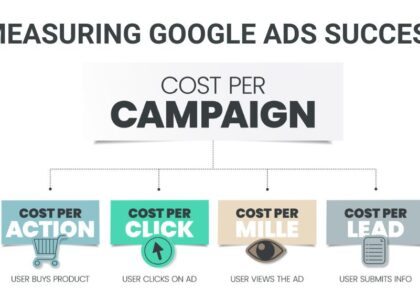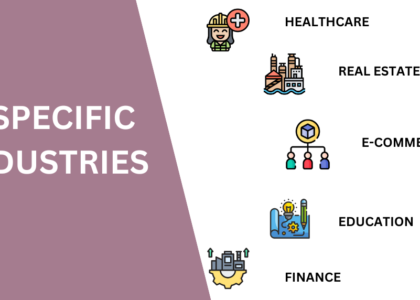In the dynamic world of digital marketing, data analysis has become the cornerstone of success for digital marketing agencies. The ability to harness and interpret data effectively can significantly influence the direction and efficacy of marketing strategies. This blog explores the crucial role of data analysis in digital marketing, shedding light on its impact, methodologies, and future trends, and how digital marketing agencies leverage data to drive results.
Understanding Data Analysis in Digital Marketing
Data analysis involves inspecting, cleansing, and modeling data with the goal of discovering useful information, informing conclusions, and supporting decision-making. In the context of digital marketing, it means analyzing metrics and data from various digital channels to understand consumer behavior, campaign performance, and overall market trends.
Digital marketing agencies rely on data analysis to tailor their strategies, optimize campaigns, and provide measurable results to clients. By leveraging data, these agencies can enhance their strategies, making them more data-driven and results-oriented.
The Importance of Data Analysis for Digital Marketing Agencies
1. Targeted Campaigns:
Data analysis allows digital marketing agencies to segment audiences based on demographics, behaviors, and interests. This segmentation helps in crafting personalized and targeted campaigns that resonate with specific audience groups, leading to higher engagement and conversion rates. Unlike broad marketing efforts that aim to attract a wide audience, targeted campaigns are designed to connect with a more defined audience that is most likely to be interested in a product or service.
2. Performance Measurement:
Agencies can track key performance indicators (KPIs) such as click-through rates, conversion rates, and return on investment (ROI). By evaluating these metrics, agencies can determine which strategies are working and which need adjustment. It involves the use of key performance indicators (KPIs) and metrics to evaluate progress towards achieving specific objectives. Performance measurement can be applied to various aspects of an organization, including financial performance, operational efficiency, employee productivity, and customer satisfaction.
3. Optimization and Efficiency:
With data analysis, digital marketing agencies can identify areas of improvement in their campaigns. Analyzing data helps in optimizing ad spend, refining targeting strategies, and enhancing overall campaign efficiency. Agencies can make data-driven adjustments to improve campaign performance and achieve better results. The drive for optimization and efficiency spans across all sectors, from manufacturing to services, and touches every aspect of business operations, from supply chain management to customer service.
4. Predictive Analytics:
Advanced data analysis techniques, such as predictive analytics, enable agencies to forecast future trends and consumer behavior. By analyzing historical data, agencies can predict upcoming market trends, anticipate customer needs, and adjust their strategies accordingly. By analyzing patterns and trends from past data, businesses can forecast future outcomes with a high degree of accuracy. Embracing predictive analytics is not just a trend but a necessity for businesses that want to thrive in the data-driven era of marketing.
5. Competitive Advantage:
Data analysis provides digital marketing agencies with insights into competitors’ strategies and performance. Agencies can use this information to identify gaps in the market, capitalize on opportunities, and stay ahead of the competition. It can be achieved through various means, such as superior product quality, cost leadership, exceptional customer service, or a strong brand reputation. Competitive advantage allows a company to outperform its rivals, attract more customers, and achieve higher profitability.






